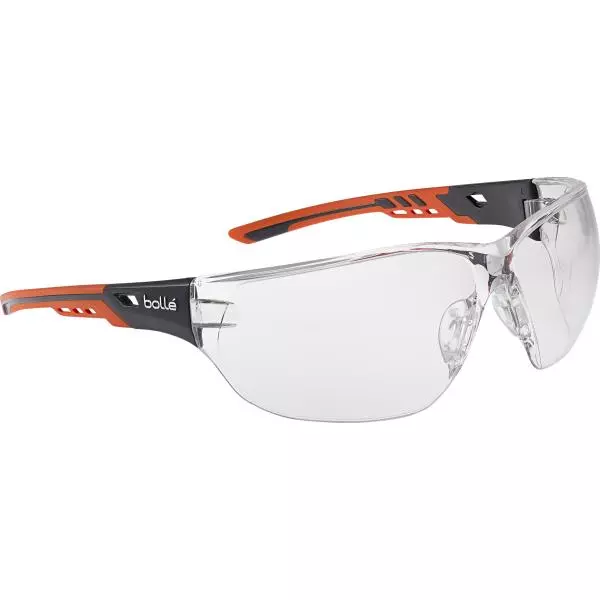Loading BOLLE for Germany
Change the country of delivery or ask for an alternative for product code BLL-NESSPPSI by contacting one of our product experts.

BOLLE Safety Ness+ spectacles clear
BOLLE Safety Ness+ spectacles clear
4.4 / 5
Change the country of delivery or ask for an alternative for product code BLL-NESSPPSI by contacting one of our product experts.
Get help from our experts
You can pay with any of the following popular payment methods:
Get in touch with our customer support if you need help
Get help from our experts